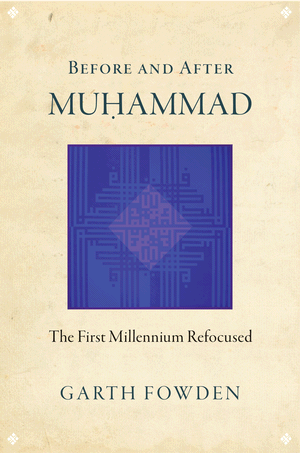2015 Department of Greek and Latin Studies 10th Conference
Individual and Society in Greek & Latin Lyric Poetry
and its Echoes in Modern Times
Saturday 8 - Monday 10 March 2015
The Department of Greek and Latin Studies at the University of Cairo will host its 10th biennial conference in March 2015 . Plenary lectures , presentations and papers will be held on campus in the Faculty's Conference Room . Accommodation and meals will also be provided on campus.
We welcome proposals for papers (20 minutes long followed by discussions) and coordinated panels (comprising either 3 or 4 papers) from graduate students, academic staff, or others interested in the ancient world on the topics suggested below .
Suggested topics:
1- Roots of Lyric Poetry :
· in Epic Poetry .
· in Didactic Poetry .
2- Solo Lyric Poetry (Monody) :
· Terpander - Sappho - Alcaeus - Anacreon ….. etc.
3- Choral Lyric Poetry :
· Alcman - Ibycus - Simonides - Corinna - Pindar – Bacchylides….. etc.
4- Dithyramb :
5- Choral Odes in Greek Drama :
· Their nature and functions .
6- Alexandrian Lyric Poetry :
· The Epigrammatists : Asclepiades - Hedylus - Posidippus - Callimachus - Theocritus - Dioscorides .
7- Compilation and Classification of Classical Lyric Poetry in Alexandria .
8- Lyricism in Ancient Latin Literature :
· Livius Andronicus - Ennius - Naevius - Accius - Pacuvius .
9- The Origins of Roman Drama and Roman Lyric Legacy :
· Versus Fescennini - Satura - Fabula Atellana - Mimus (Fabula Riciniata).
10- Lyricism in Roman Comedy :
· Plautus - Terence .
11- Latin Lyric Poetry in the Golden Age :
· Catullus - Horace - Ovid . The Elegists : Gallus - Tibullus - Propertius .
12- The Influence of Sappho and the Alexandrian Lyric Poets (esp.Calli-
machus) on Latin Lyric Poetry .
13- Latin Lyric Poetry in the Silver Age .
14- Lyricism in Seneca’s Tragedies .
15- The Influence of Greek and Latin Lyric Poetry on Modern European
Literatures in Greece , Italy , France , Britain , Spain , Germany … etc .
16- The Echoes of Greek and Latin Lyric Poetry in Modern Arab Poetry :
· The School of Apollo - Abdelwahhab Elbayyati - Salah Abdelsabour - Adonis - Nezar Qabbani … etc .
--------------------------------------------------------------
e-mail: elnahas.adel@gmail.com - alimoeinclasscaiedu@yahoo.com - samehfarouk 2002@hotmail.com




